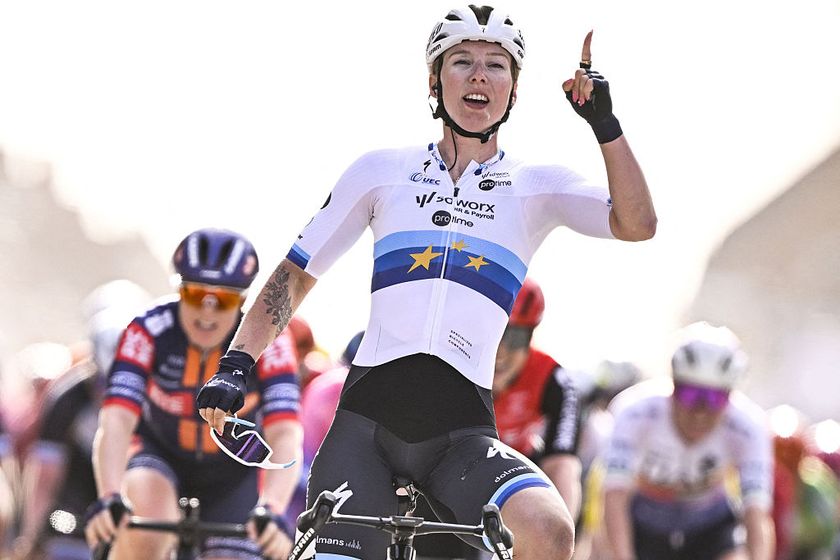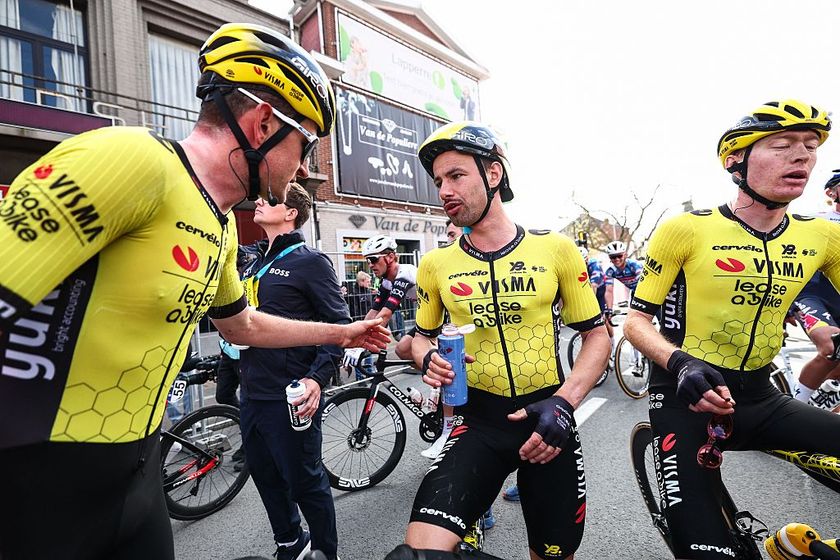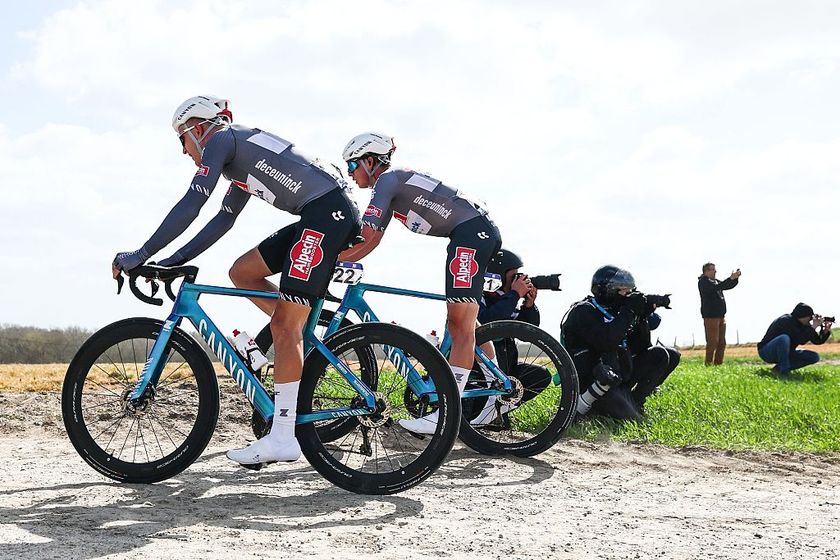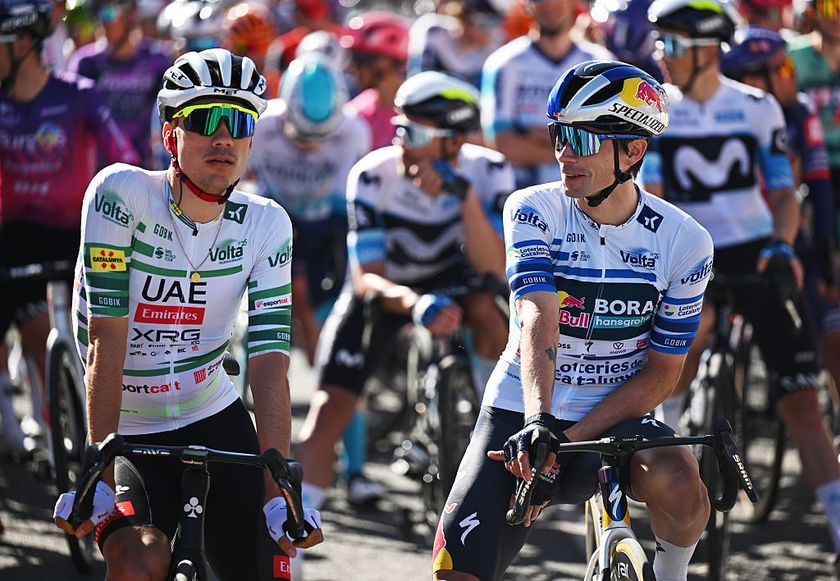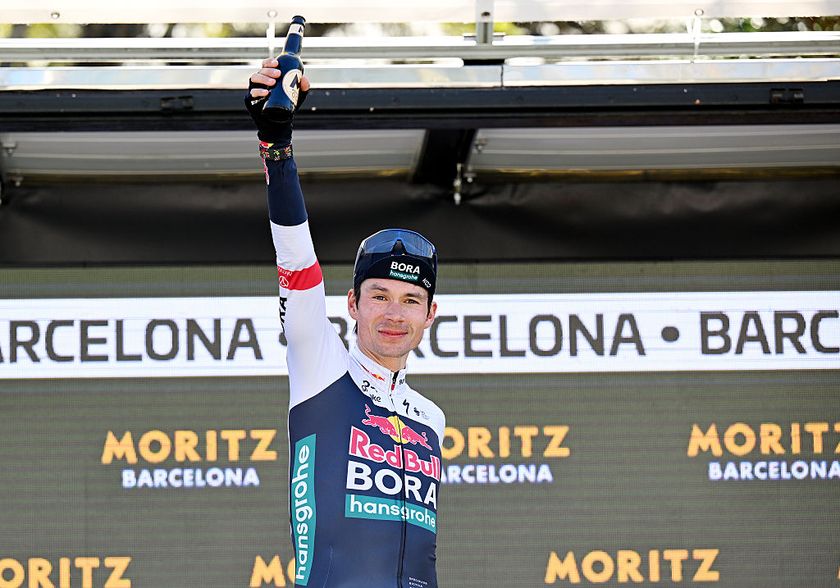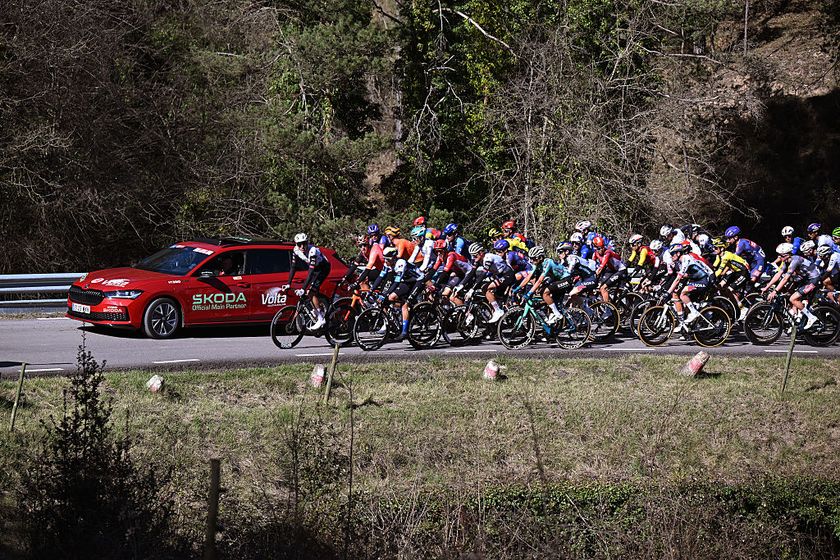Lappartient pledges to ban corticosteroids from beginning of 2019
UCI president insists good rapport with ASO is a plus for governing body





New UCI president David Lappartient has said that he wants to prohibit the therapeutic use exemptions for corticosteroids in competition from the beginning of 2019. Corticosteroids are currently permitted when a rider is in possession of a TUE, though the member teams of the Movement for Credible Cycling (MPCC) are already signed up to additional, voluntary rules that bar their riders from competing while holding a TUE for corticosteroids.
"My objective is to eliminate them, starting from 2019. I want these products to be placed on the banned list," Lappartient told Sporza.
"But even if that wasn't the case, we could also improve our approach within cycling, by imposing a period of rest on riders who need to take cortisone. It's not a question of doping, but of rider health. We could impose a temporary start ban, where riders would be withheld from competition for 15 days to give them time to heal. I'd like to introduce that from the beginning of 2019."
Lappartient's predecessor Brian Cookson responded to calls to combat the use of corticosteroids by pointing out that the UCI could not take unilateral action to prohibit TUEs as it must adhere to the WADA code.
Last week, the MPCC sent an open letter to WADA director general Olivier Niggli calling on him to take action to ban the use of corticosteroids and the painkiller tramadol in competition. The letter included the refrain 'What are you waiting for?' on no fewer than five occasions.
Under the MPCC's voluntary rules, riders may not use cortisone in races even with a TUE, and must be withheld from competition for eight days after being treated with corticosteroids. MPCC teams also submit to voluntary controls on the cortisol levels of their riders. A low cortisol level can indicate the recent use of corticosteroids, and MPCC teams agree to withhold such riders until their levels return to normal.
The use of corticosteroids in competition came under renewed scrutiny last year when the Fancy Bears cyber hacking group demonstrated that Bradley Wiggins had received authorisation to use the corticosteroid triamcinolone acetonide ahead of Grand Tours in 2011, 2012 and 2013. Wiggins said that he had received injections of the corticosteroid to treat a pollen allergy, and denied that it had enhanced his performance.
Get The Leadout Newsletter
The latest race content, interviews, features, reviews and expert buying guides, direct to your inbox!
As well as outlining his hopes to curb the use of corticosteroids, Lappartient told Sporza that his good relations with Tour de France organiser ASO would not affect the UCI’s independence.
"The UCI will not be ordered to by ASO," Lappartient said. "But I think good relationships can help to make successful reforms of cycling, with the support of the teams. So I see my good relationship with ASO as an advantage."

